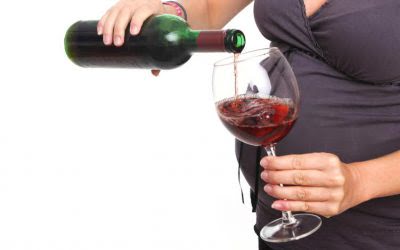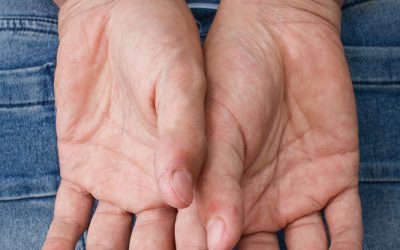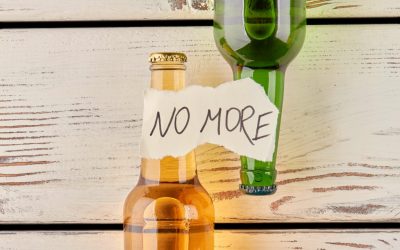Although they taste less strong, light roast beans actually have more caffeine than dark roast. And as a beginner, you might watch your caffeine intake, so you don’t end up with shakey https://consolataamerica.org/pt/abstinence-violation-effect-ave-definition-2/ hands because of the overly caffeinated coffee. I always loved ordering white chocolate mocha back when I was just starting. It’s not complicated and has the perfect balance of sweet and bitter. Plus, it’s not as intense as an ordinary espresso but still has that good caffeine kick you need. You can also try a flat white if you don’t like the foam.
Is Relapse Part of Recovery?
Meeting or stopping by their house with a coffee and an ear to listen. Abstinence is a powerful recovery strategy because it eliminates the risk of relapse, allowing individuals to stay focused on their recovery journey. It also helps break the illusion of control that many alcoholics have, making it easier to quit drinking alcohol for good. Embarking on the journey to sobriety is an incredible accomplishment, but maintaining long-term recovery can be challenging. One of the most significant debates among recovering alcoholics is whether to practice complete abstinence or attempt moderate drinking after being sober. This blog post will delve into the nuances of both approaches, shedding light on the risks, benefits, and strategies to help individuals make informed decisions and maintain a fulfilling sober life.

How to Identify Your Triggers
It helps individuals identify their emotional triggers, develop healthier responses, and stay accountable to their recovery goals. Encouragement from peers and loved ones also reinforces these positive changes and provides a safety net during difficult times. The psychological and emotional aspects of recovery are deeply intertwined with an individual’s ability to maintain long-term sobriety. For many recovering alcoholics, Substance abuse emotions such as guilt, shame, or fear often arise when reflecting on their past or considering the possibility of drinking again.
- The Reframe app makes this easier with daily check-ins that help you stay mindful of your journey.
- While many apps can help you track your habits, they differ in their approach, features, and cost.
- According to Reframe, defining measurable goals prevents procrastination by providing clear checkpoints along your journey.
How To Manage Difficult Emotions In Early Sobriety
- Can alcoholics ever drink again and maintain control over their lives?
- You aren’t doing something wrong or failing in your recovery.
- This program requires at least 30 days of complete sobriety while individuals learn how to identify triggers, change drinking patterns, and create healthy behaviors to replace drinking.
This i want to start drinking again is because alcohol abuse alters your brain chemistry, making it difficult to control your drinking once you start. In recovery, you will understand what led you to consume alcohol in the first place and work to rectify maladaptive behaviors. For moments when you need more direct, face-to-face interaction, forums might not be enough. That’s why Reframe also hosts daily live, coach-led meetings on Zoom. These sessions offer a structured environment where you can connect with others in real-time and receive guidance from trained professionals.


Once a person with AUD gets through the initial withdrawal process, most symptoms ease or stop, indicating the body is adjusting to the absence of alcohol. If the individual resumes drinking after the body has adapted to function without alcohol, they will find their tolerance has decreased. Drinking the same amount before stopping alcohol use means they feel the effects much more quickly and may experience dangerous results, including blackouts or alcohol poisoning. Relapse means to resume drinking alcohol after a period of sobriety. National Institute on Drug Abuse (NIDA) statistics find that 40 to 60 percent of people with a substance use disorder, including alcohol, relapse at least once.